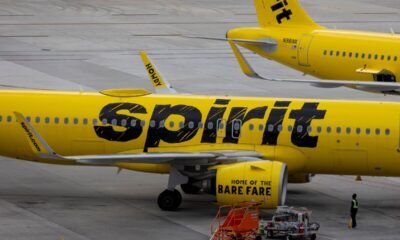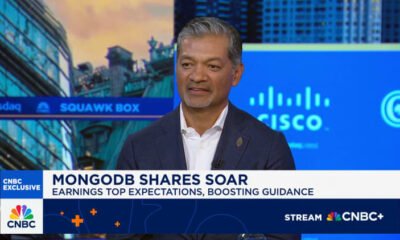Funding & Business
How billionaire family offices bet on stocks during tariff turmoil
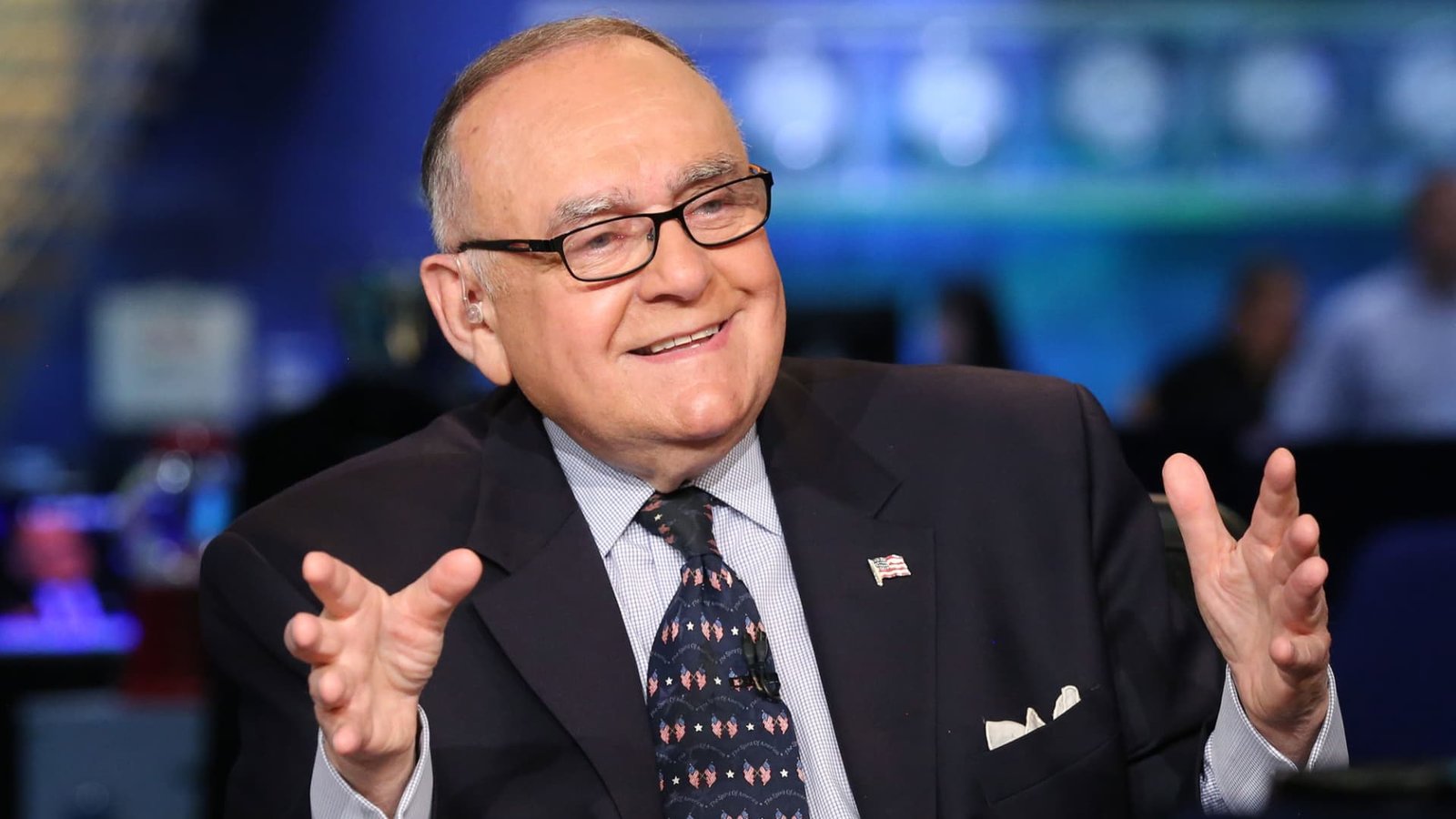
Leon Cooperman on CNBC’s “Halftime Report.”
Scott Mlyn | CNBC
A version of this article first appeared in CNBC’s Inside Wealth newsletter with Robert Frank, a weekly guide to the high-net-worth investor and consumer. Sign up to receive future editions, straight to your inbox.
Family offices are known to invest for the long haul, sometimes for generations. But after President Donald Trump’s tariff announcements in April, the family offices of billionaire investors were quick to make significant changes to their portfolios, according to second-quarter securities filings analyzed by CNBC.
Some moves were clearly connected to tariff and recession fears. In the three months ended June 30, the family offices of David Tepper, Leon Cooperman and George Soros exited their positions in casino stock Las Vegas Sands Corp. Casino operator shares tumbled on fears that a U.S.-China trade war would endanger their Macao operations.
However, some firms dialed back their exposure to stalwart tech stocks, with Cooperman’s Omega Advisors exiting its Microsoft position and reducing its Alphabet stock by nearly 90%. Stanley Druckenmiller‘s Duquesne Family Office sold down 37 positions, including Amazon and about a half dozen pharmaceutical stocks.
Cooperman told CNBC in June that he thought the stock market was too confident given uncertainties with tariffs and conflicts in the Middle East.
“I’m not a big bear, but I’m not a big bull either,” he said on “Squawk Box.”
Institutional investment managers — including family offices and hedge funds — that manage at least $100 million in certain securities, especially U.S.-listed equities, are required to disclose trades on a quarterly basis. While many family offices have stock portfolios worth well over $100 million, they do not have to file these 13F forms if they outsource investment decisions to a third party like JPMorgan or Bessemer Trust, according to lawyer David Guin, a partner at Withers who leads its U.S. corporate practice.
Not all the moves were related to bigger geopolitical concerns. Despite concerns about tariffs on semiconductors, family offices boosted their Nvidia holdings. Tepper’s Appaloosa Management increased its Nvidia holdings by nearly 500%. Soros Fund Management purchased about 932,000 share-equivalents in Nvidia, including options.
In another artificial intelligence play, several firms boosted their bets on other chipmakers, with Appaloosa buying 8 million shares of Intel and 755,000 shares of Taiwan Semiconductor Manufacturing Co. Duquesne and Soros also increased their positions in TSMC.
Omega Advisors doubled down on energy providers, which are poised to benefit from AI’s energy demands, including Atlas Energy Solutions, Sunoco and Energy Transfer LP.
As family offices have long investment horizons, they can afford to be opportunistic and wait for stocks to rebound. Appaloosa bought 2.3 million shares in UnitedHealth Group, which suffered a 19% sell-off in April after the insurer cut its annual profit forecast. Tepper’s hedge-fund-turned-family-office also bought new stakes in United Airlines and Delta Air Lines even as recession fears threw airline stocks for a loop.
Some of Appaloosa’s peers made similar bold bets, with Soros Fund Management and BlueCrest Capital Management, the family office of British hedge fund billionaire Michael Platt, also increasing its exposure to UnitedHealth. BlueCrest also started new positions in Delta and United.
— CNBC’s Nick Wells contributed to this report.
Funding & Business
CDC asks all staff to return to office Sept. 15 after HQ shooting
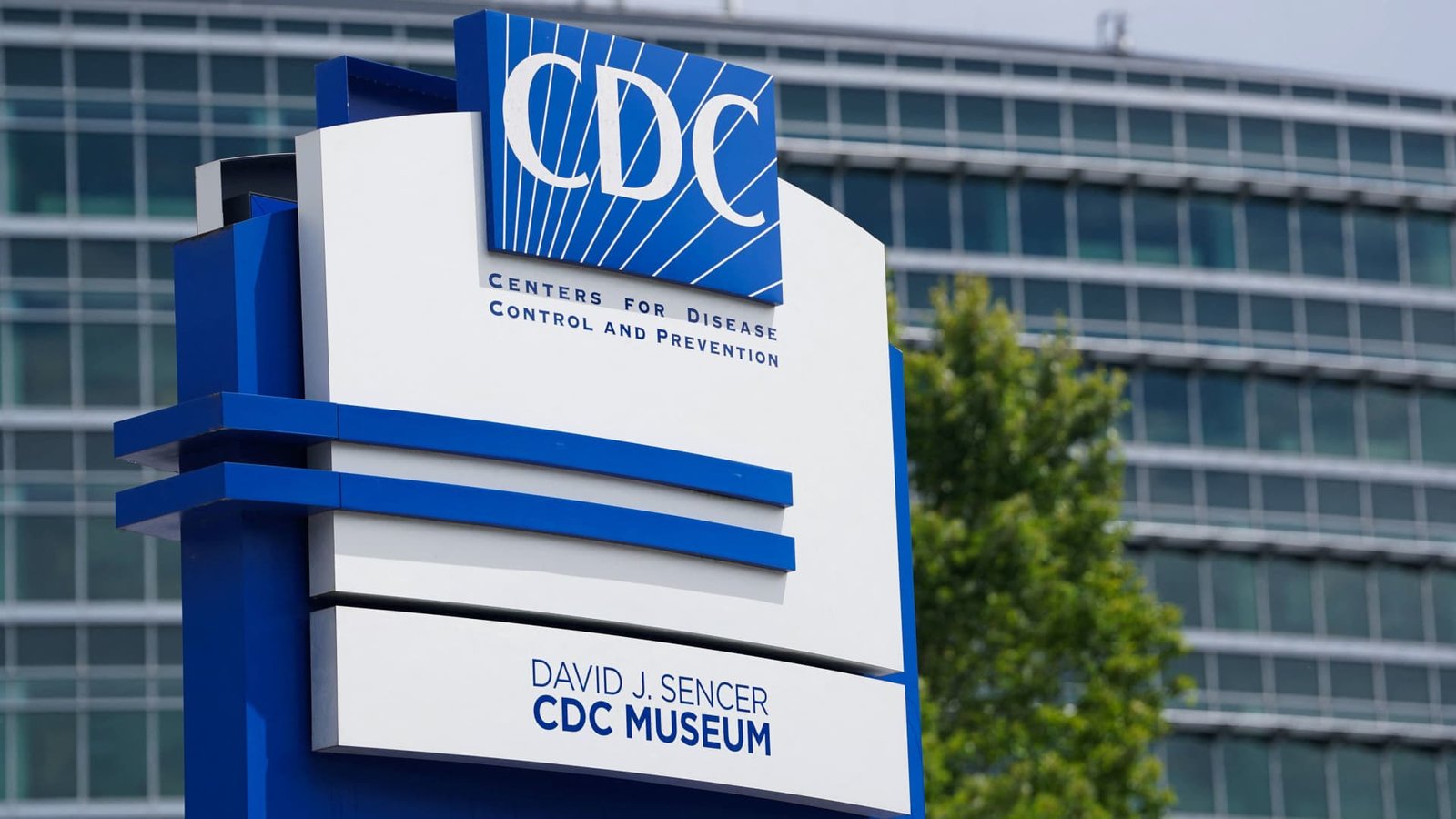
A sign for the CDC sits outside of their facility at the Centers for Disease Control and Prevention Roybal campus in Atlanta, Georgia, U.S., May 30, 2025.
Megan Varner | Reuters
The Centers for Disease Control and Prevention told staff it expects them to return to offices by Sept. 15, roughly five weeks after a gunman’s deadly attack on the agency’s headquarters in Atlanta, CNBC has learned.
“Your safety remains our top priority. We are taking necessary steps to restore our workplace and will return to regular on-site operations no later than Monday, September 15,” Lynda Chapman, the agency’s new chief operating officer, said in an email sent Thursday that was viewed by CNBC.
Chapman said all staff will be expected to return to their offices by that date, according to the email. For employees whose workspaces remain impacted by the shooting — including physical damage from the gunman’s attack — the CDC will provide alternative spaces on its campus, Chapman wrote in the email.
She said the agency has made “significant progress” on repairs at the CDC Roybal Campus in Atlanta. CDC leadership and a “Response and Recovery Management” team are working to address staff concerns and ensure a safe environment as the agency transitions back to in-office work, Chapman added.
CDC staff had been instructed to work remotely following the Aug. 8 shooting, with options to return to the office in the weeks that followed, according to two people familiar with the matter, who requested anonymity for fear of retribution for speaking to the media.
The Department of Health and Human Services did not immediately respond to a request for comment.
The internal announcement comes at a tumultuous time for the CDC and its workforce. The shooting didn’t result in injuries among CDC staff but shell-shocked a workforce that was already reeling from sweeping changes under HHS Secretary Robert F. Kennedy Jr., including staff cuts and heated controversy over his efforts to change CDC immunization policies and fire the agency’s panel of vaccine advisors.
The return-to-office guidance also comes as the CDC grapples with a leadership upheaval: The White House earlier this week said President Donald Trump had fired the agency’s director, Susan Monarez. Four other top officials resigned, some of them citing the politicization of the agency and a threat to public health.
Authorities identified the gunman behind the shooting at CDC headquarters as Patrick Joseph White and said they recovered five guns and more than 500 shell casings from the scene. During the attack, agency employees were forced to barricade themselves in offices.
White fatally shot a responding police officer, 33-year-old David Rose, and then killed himself. White had blamed the Covid-19 vaccine for making him depressed and suicidal.
Before her firing, Monarez appeared to directly blame the role of misinformation in the shooting, according to an email sent to staff on Aug. 12 that was viewed by CNBC.
In the note, Monarez said, “the dangers of misinformation and its promulgation has now led to deadly consequences. I will work to restore trust in public health to those who have lost it- through science, evidence, and clarity of purpose. I will need your help.”
Funding & Business
Spirit Airlines Bankruptcy Tees Up Painful Cuts in Survival Bid
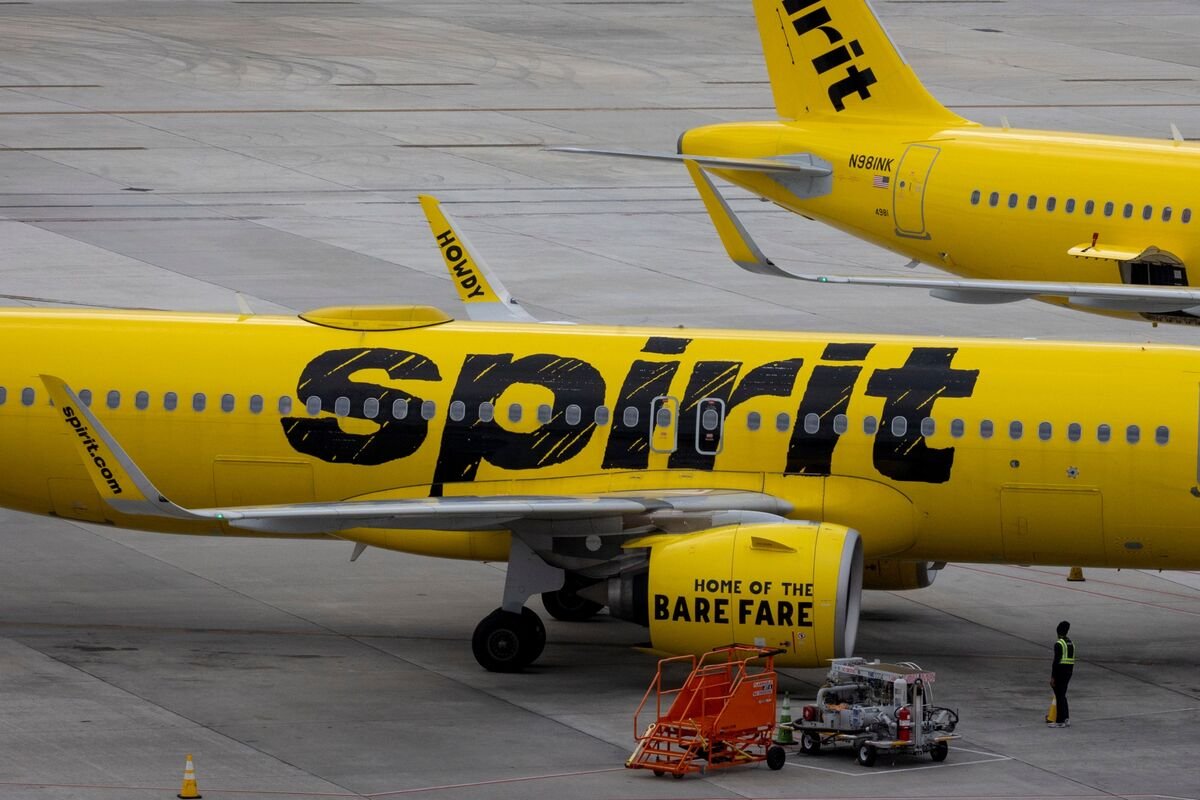
Spirit Aviation Holdings Inc.’s second bankruptcy filing in a year signals that the low-cost carrier is finally facing up to the painful steps needed to ensure its survival.
But its board faces daunting challenges on the path ahead, including how to downsize its fleet of leased aircraft while managing the roller coaster market conditions for US air travel that complicate the prospects for a long-term recovery.
Funding & Business
Rising US Corporate Debt Ahead With $1 Trillion in Deals
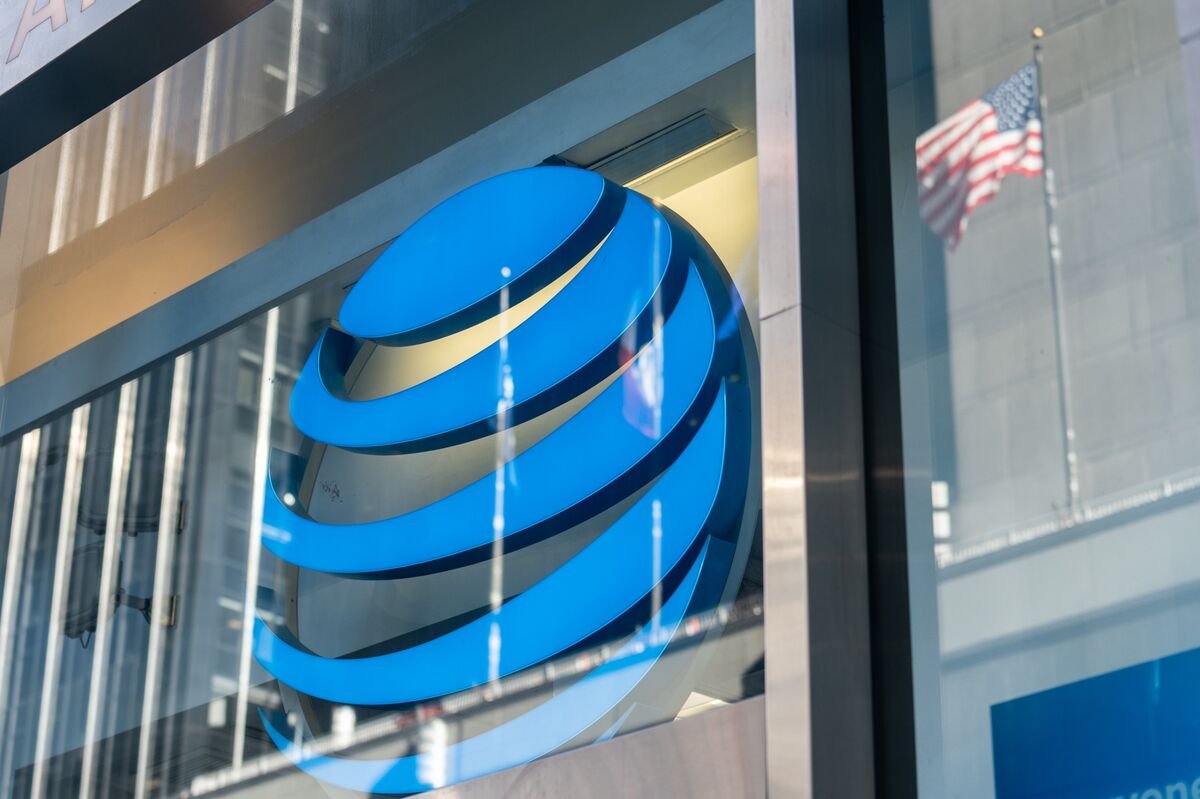
US companies are poised to boost their debt levels to help fund a $1 trillion wave of acquisitions, a reversal after years of scaling back their borrowings.
Keurig Dr Pepper Inc. this week said it’s buying coffeemaker JDE Peet’s NV and funding the deal with a €16.2 billion ($19.0 billion) bridge loan. AT&T Inc. said on Tuesday it’s buying spectrum licenses from EchoStar Corp. for about $23 billion, a move that will probably be at least partly funded with bonds.
-
Tools & Platforms3 weeks ago
Building Trust in Military AI Starts with Opening the Black Box – War on the Rocks
-

 Ethics & Policy1 month ago
Ethics & Policy1 month agoSDAIA Supports Saudi Arabia’s Leadership in Shaping Global AI Ethics, Policy, and Research – وكالة الأنباء السعودية
-

 Events & Conferences3 months ago
Events & Conferences3 months agoJourney to 1000 models: Scaling Instagram’s recommendation system
-

 Jobs & Careers2 months ago
Jobs & Careers2 months agoMumbai-based Perplexity Alternative Has 60k+ Users Without Funding
-

 Funding & Business2 months ago
Funding & Business2 months agoKayak and Expedia race to build AI travel agents that turn social posts into itineraries
-

 Education2 months ago
Education2 months agoVEX Robotics launches AI-powered classroom robotics system
-

 Podcasts & Talks2 months ago
Podcasts & Talks2 months agoHappy 4th of July! 🎆 Made with Veo 3 in Gemini
-

 Podcasts & Talks2 months ago
Podcasts & Talks2 months agoOpenAI 🤝 @teamganassi
-

 Mergers & Acquisitions2 months ago
Mergers & Acquisitions2 months agoDonald Trump suggests US government review subsidies to Elon Musk’s companies
-

 Business1 day ago
Business1 day agoThe Guardian view on Trump and the Fed: independence is no substitute for accountability | Editorial




